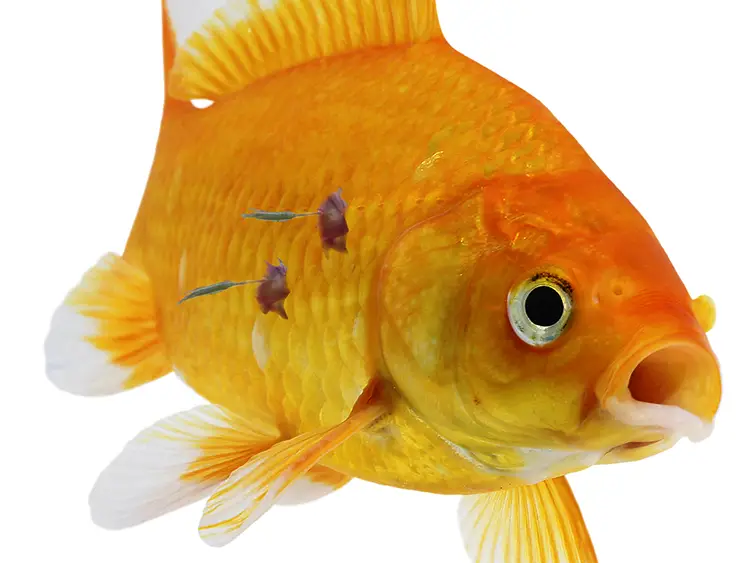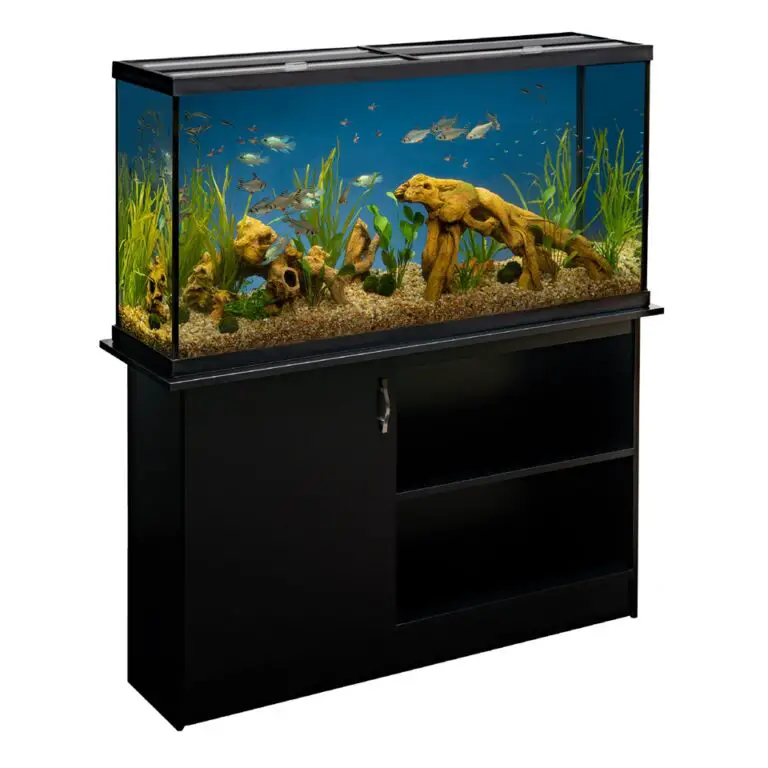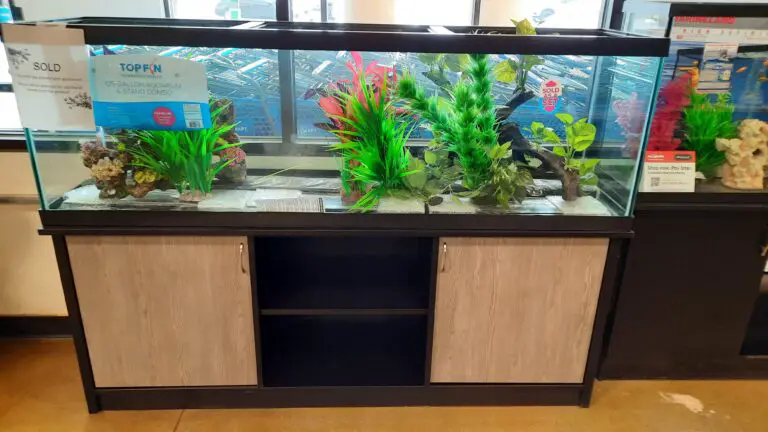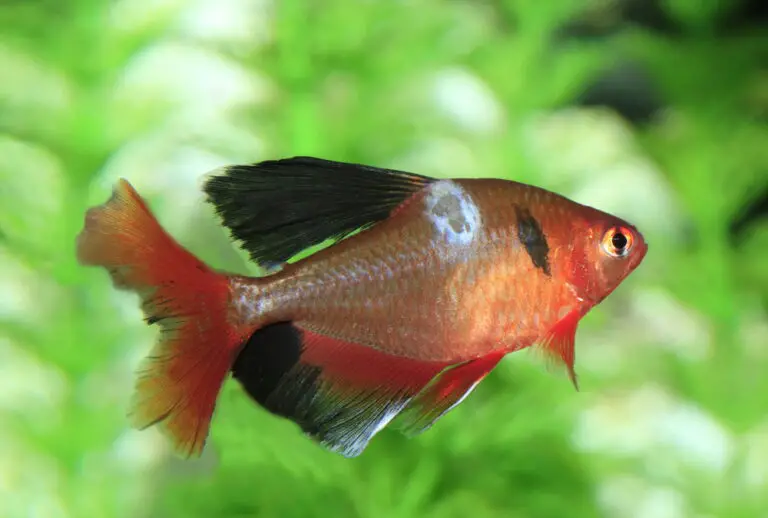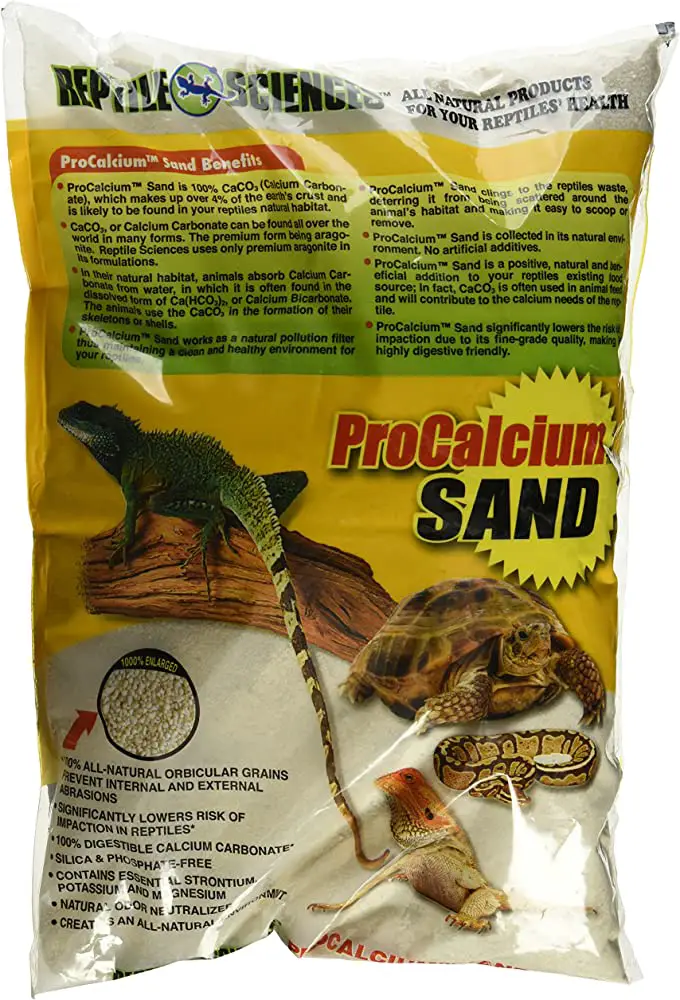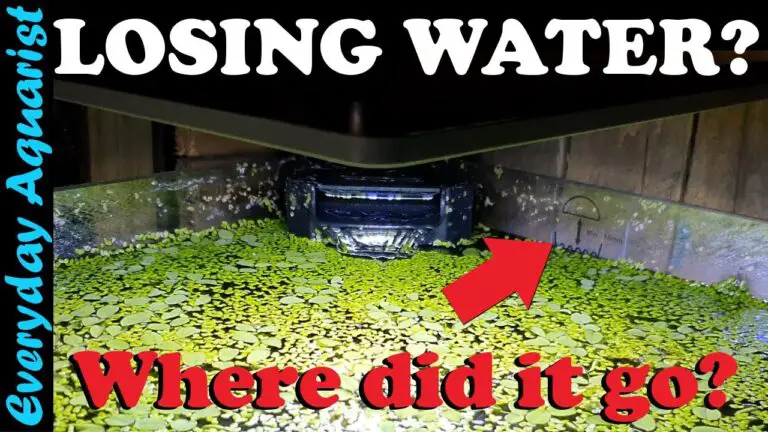Goldfish With Parasites
Goldfish with parasites is a common problem, as parasites can easily be introduced to fish tanks from wild water sources. Common goldfish parasites include Ichthyophthirius multifiliis (Ich), Costia necatrix, Trichodina sp., and Chilodonella sp.
These parasites often cause irritation and ulceration of the skin of the goldfish, which may result in loss of appetite and fin erosion. Treatment for these types of infestations usually involves removing any infected fish from the tank and treating them with an appropriate anti-parasite medication such as copper sulfate or formalin. It is also important to maintain good aquarium hygiene by regularly cleaning gravel, filters, decorations, etc., to prevent re-infestation.
Having a pet goldfish can be a rewarding experience, but it is important to keep an eye out for parasites. Goldfish are susceptible to parasites such as flukes and costia, which can cause significant health problems if left untreated. If you notice any signs of distress in your goldfish, like erratic swimming or loss of appetite, it is important that you take them to the vet immediately so they can get proper treatment.

Credit: www.reddit.com
How Do You Get Rid of Parasites in Goldfish?
In order to get rid of parasites in goldfish, it is important to provide them with a clean living environment. This includes regularly changing the water and keeping their tank free of debris. If there are visible signs of parasites on your goldfish, such as white spots or streaks, then they should be treated with an anti-parasitic medication from a pet store or online retailer.
It is also important to keep up with regular water quality testing and keep the parameters within acceptable levels for healthy fish. Many medications require multiple doses over several weeks in order for it to be effective against parasites so patience is key when treating infected fish!
Finally, feeding your goldfish foods that contain garlic can help boost their natural immunity which may help fight off any lingering parasites.
Taking these simple steps will help ensure your goldfish remain healthy and parasite-free!
How Do I Know If My Goldfish Has a Parasite?
If you think your goldfish may have a parasite, it’s important to keep an eye out for certain signs. One of the most common indicators is if your fish has white spots on its body or fins. These spots could be caused by a variety of parasites, including ichthyophthirius multifilis (or “Ich”), Costia, Chilodonella and Trichodina.
Your goldfish may also exhibit abnormal swimming behavior such as darting around more than usual or rubbing against objects in its tank. Another symptom may include clamped fins and lack of appetite. If you notice any changes in these behaviors or physical appearance, it’s best to take your goldfish to a veterinarian who can diagnose the problem and provide treatment options such as medication or removal of the parasites with special water treatments like salt baths.
Can Goldfish Survive With Parasites?
Goldfish can be affected by parasites, including protozoa, flatworms and flukes. While some of these parasites are harmless to goldfish, others can cause serious health issues that put the fish’s life at risk. Some of the common symptoms associated with parasitic infestations in goldfish include lethargy, loss of appetite, cloudy eyes or skin discoloration.
If your goldfish is displaying any of these signs it is important to take action quickly before the parasite takes over and causes more severe complications such as organ damage or even death.
Fortunately, there are a number of treatments available that can help eliminate parasites from your goldfish’s environment without harming them further; however if left untreated for too long then they may not survive the ordeal. It is best practice to inspect new additions to your aquarium carefully for signs of parasite infestation and keep regular check-ups on existing inhabitants so you know when something isn’t quite right – this could save their life!
MASSIVE PARASITE on goldfish
Can Goldfish Parasites Infect Humans?
Though it is possible for goldfish parasites to infect humans, the risk of this type of infection is extremely low. Goldfish are often carriers of a parasite called costia which can be harmful to other fish species, but is not known to cause any harm in humans. It’s important to remember that if you’re handling your pet fish or cleaning their tank, always wash your hands thoroughly afterwards.
Goldfish Internal Parasites
Goldfish are susceptible to a variety of internal parasites, including worms, flukes and protozoans. These parasites can cause serious health issues for your fish if left untreated, such as malnourishment, anemia and listlessness. Signs that your goldfish may have parasites include weight loss, loss of color or appetite, white patches on their skin or fins, clamped fin edges and rapid breathing.
If you suspect your fish has an internal parasite infection it is important to seek veterinary advice as soon as possible in order to treat the infection with the appropriate medication.
Goldfish Parasite Treatment
Treating goldfish parasites is an important part of keeping your pet healthy. Common treatments include using aquarium salt, treating the water with a parasite-killing medication, and providing additional aeration to improve oxygen levels in the tank. It’s also important to monitor your fish closely for any signs of illness or distress, as this could indicate further treatment is needed.
Parasite on Goldfish Tail
Parasites can be a major issue for goldfish, and one of the most common parasites found on goldfish tails is Costia. Symptoms of a Costia infestation include white spots or patches, cloudy eyes, or frayed fins. To treat this parasite, it is important to increase oxygen levels in the tank and perform frequent water changes while adding a medication specifically formulated to kill Costia.
Roundworms in Goldfish
Roundworms are common parasites that can be found in goldfish. These white, spaghetti-like worms usually measure up to 2 inches long and may cause severe distress for your fish if left untreated. Symptoms of roundworm infestation include loss of appetite, weight loss, listlessness or sluggishness and clamped fins.
If you suspect your goldfish has roundworms, contact a veterinarian right away so they can diagnose the issue and recommend the best treatment plan for your fish.
Goldfish Parasites Symptoms
Goldfish parasites can be a major problem for aquarium owners. Symptoms of goldfish parasites include loss of appetite, listlessness, pale gills and white spots on the body or fins. If left untreated, these parasites can cause severe health problems such as fin rot and bacterial infections in your fish.
To prevent this from happening, it is important to maintain a healthy tank environment by regularly cleaning the water and gravel and checking your fish for signs of infection or infestation.
Conclusion
In conclusion, it is important to recognize that goldfish can become infected with parasites. It is also essential for pet owners to be aware of the signs and symptoms of parasite infestation in their goldfish so that they are able to take appropriate action if needed. With proper treatment and preventive measures, the health of a goldfish can be maintained and any potential harm caused by parasites minimized.
